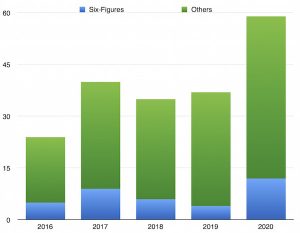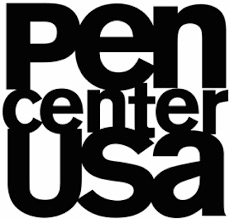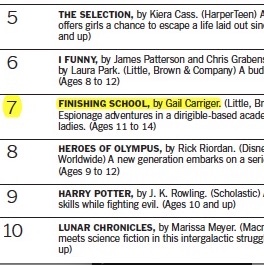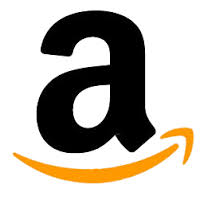On October 15, Publishers Lunch sent out their daily email blast. In it, they rounded up the pre-sales happening before the virtual Frankfurt Book Fair and included this chart, which spotlights the surge in debut-fiction sales. To quote from the article: “As this chart makes clear, the 59 reports in the measured period are almost twice the average number of debut fiction sales from recent years.”

In a nutshell, the number of book deals for debut authors is up in a big way. Sounds pretty fantastic. Publishers are buying more debut authors during Covid than they did in 2019 or 2018. Any news that publishers are buying lots more fiction is good news, in my opinion.
But there’s also another story hidden in this data, one that’s not all rainbows and sunshine for already published authors. When publishers are buying more of one thing, they’re buying less of something else. In this case, that “something else” is most likely option-material projects from current authors who find themselves firmly on what we agents call the mid-list.
A mid-list author is an author who has a book (or several books) published and has decent sales, but none of their books have become a breakout—that is, we wouldn’t call sales for any one of their books phenomenal. A mid-list author can have a long and terrific career, publishing multiple books and maintaining solid sales track records. Historically, publishers have continued to buy new work from mid-list authors; sometimes, a mid-list author can publish four or five books, and it’s number six that breaks and catapults them into superstar standing in their publisher’s eyes. And then there are a lot of mid-list authors who publish three books, maybe five books, don’t break out, and the publisher decides not to pick up the option for the author’s next work. Suddenly, that author is contract-less.
That’s the hidden story in this chart from Publishers Lunch. Debut buys might be up because mid-list option buys are down. Anecdotally, this is what I’m hearing from quite a few other agents, as we do all like to chat with each other. What does this mean for agents in 2021? We’ll potentially be doing a lot of client career strategizing for the next six to twelve months as we position anew our mid-list authors. And we might be signing more debut authors as well. So check out our submission guidelines and keep us in mind for your next project!
Note: Only Publishers Marketplace subscribers can potentially access the full news story.
Creative Commons Photo Credit: winnifredxoxo










